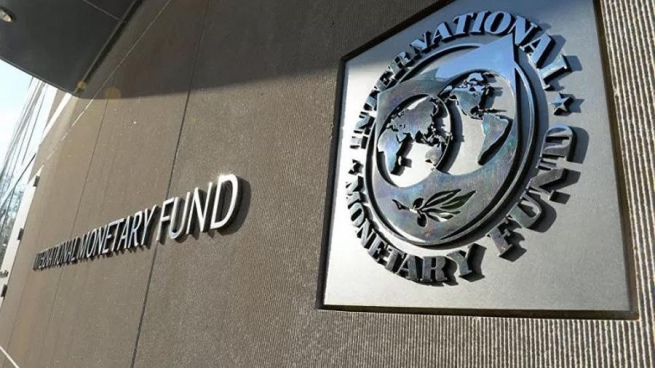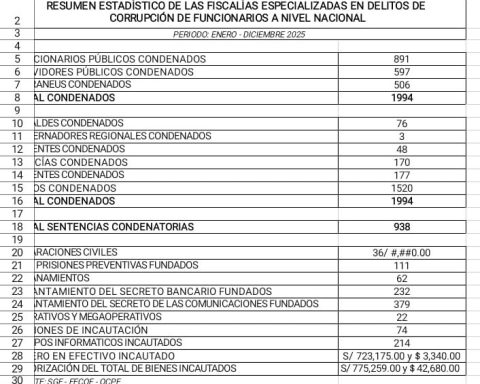The decision of the Central Bank (BC) to stop the Selic rate hikes (basic interest in the economy) was well received by the productive sector. In a note, the National Confederation of Industry (CNI) considered the attitude of the Monetary Policy Committee (Copom) to be “correct”.
“The Selic at 13.75% per year was enough to keep the inflation deceleration in the coming months. Mainly because this rate is far above the interest rate level from which economic activity is inhibited, which was reached in December 2021”, highlighted in the statement the president of CNI, Robson Andrade.
For the CNI, new increases in the Selic rate could slow down economic growth in the second half of the year and “significantly limit” growth in 2023. The entity recalled that the Focus bulletin, a weekly survey of financial institutions released by the BC, points to a rise of only 0 .5% in the Gross Domestic Product (GDP, sum of the wealth produced in the country) for the next year.
Firjan
The Federation of Industries of the State of Rio de Janeiro (Firjan) evaluated the Copom’s decision as correct. In a note, Firjan considered that “inflation prospects have been on a downward trend in recent weeks and, in the first half of the year, economic activity indicators exceeded expectations, with GDP growth and a reduction in unemployment. However, for the medium term, the prospects are still of great uncertainty and instability, which could mean interruption of the process of recovery of economic activity”.
In this context, the entity’s note says that it is essential to look for alternatives to ensure the anchoring of inflation expectations without penalizing the ongoing economic growth process. The entity reiterated that “the combination of a moderate monetary policy, a responsible fiscal framework and an agenda of structural reforms – in addition to contributing to price stability in the long term – is the path to less socio-economic sacrifice”.
















